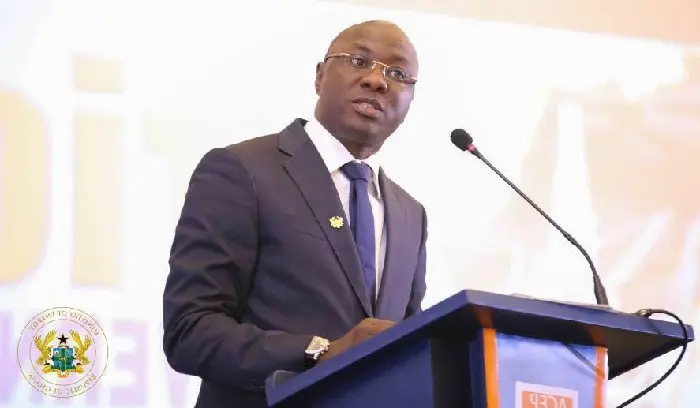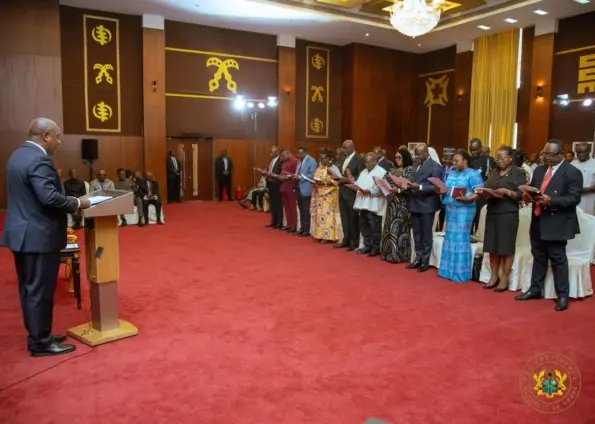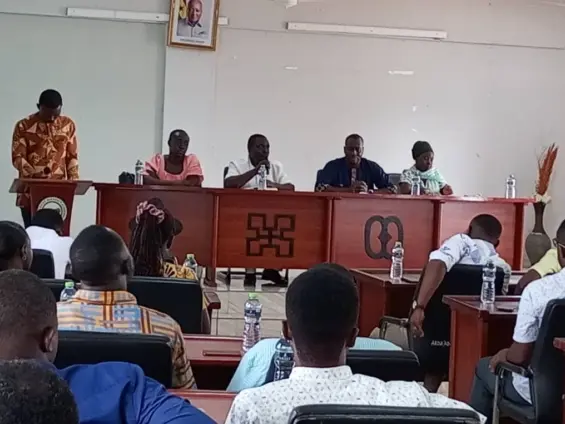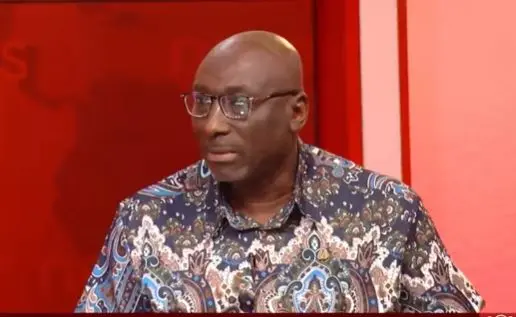Reserve figures are sparking concern in Ghana, with the Minority in Parliament demanding greater transparency regarding the nation’s foreign exchange reserves. The Minority has voiced concerns about inconsistencies and a perceived lack of clarity surrounding Ghana’s foreign exchange and gold reserve data. These concerns, articulated in a recent press release, raise questions about the management and oversight of these crucial economic assets. The health and stability of Ghana’s Ghana Foreign Exchange Reserves are critical for maintaining economic stability and investor confidence, especially in a volatile global market.
This analysis delves into the issues raised by the Minority, scrutinizes the data discrepancies they highlight, and explores the potential implications for Ghana’s overall economic well-being. A key focus will be on understanding why these discrepancies are emerging and what steps can be taken to ensure greater transparency and accountability in the management of Ghana’s financial resources.
The Minority’s concerns center on what they perceive as a significant discrepancy between expected and actual growth in Ghana’s Ghana Foreign Exchange Reserves. Dr. Mohammed Amin Adam, a leading voice within the Minority, has publicly called for greater transparency, stating that the current figures do not align with expectations given Ghana’s robust gold exports, cocoa receipts, and remittance inflows. The reported foreign reserves figure stood at $10.6 billion as of April 2025. However, according to Dr. Amin Adam, this figure should be considerably higher, considering the country’s export performance and other financial inflows.
“We urge the BoG and Goldbod to reconcile these figures transparently and submit a comprehensive account of forex movements to Parliament, as required under Article 184 of the 1992 Constitution,” stated Dr. Amin Adam, emphasizing the constitutional obligation for such disclosures.
Dr. Amin Adam has raised pointed questions regarding the Bank of Ghana’s forex operations, specifically querying whether unconventional forex operations may be contributing to the discrepancies. A central allegation is that Goldbod, the entity responsible for managing Ghana’s gold exports, may not be fully transferring all export proceeds to the central bank, a crucial step in replenishing Ghana Foreign Exchange Reserves. The Minority Finance Committee intends to thoroughly scrutinize these reports to determine the extent of any potential mismanagement or irregularities. Understanding these forex operations is paramount to ascertain the health of the Ghanaian economy.
The New Patriotic Party (NPP) government has previously emphasized its commitment to building a strong buffer of foreign exchange reserves. By the end of 2024, the NPP government had reportedly exceeded the International Monetary Fund’s (IMF) benchmark of a three-month import cover, allowing the lifting of IMF caps on the Bank of Ghana’s (BoG) forex market interventions. In contrast, the National Democratic Congress (NDC) government injected $590 million into the forex market in April 2025. While both parties have undertaken measures to influence the forex market, the Minority’s concerns underscore the need for rigorous oversight and transparency, irrespective of the governing party. The current government’s gold reserve performance, with less than one metric ton growth, also contrasts with the previous government’s rapid buildup, raising further questions about current strategies and outcomes. These divergent approaches to managing Ghana Foreign Exchange Reserves highlight the ongoing debate regarding the most effective strategies for maintaining economic stability.
Dr. Amin Adam has underscored the critical importance of maintaining policy transparency to sustain gains in currency stability. Without transparency, there is a risk of undermining investor confidence, which is vital for maintaining a stable currency and attracting foreign investment. The potential consequences of a lack of transparency include increased market volatility, capital flight, and a general erosion of trust in the government’s economic management. The stability of the Ghanaian cedi is inextricably linked to the perceived strength and transparency of Ghana Foreign Exchange Reserves.
“It is crucial for the government to maintain policy transparency, as this is essential for sustaining the gains made in currency stability,” Dr. Amin Adam stated.
In conclusion, the concerns raised by the Minority regarding Ghana’s foreign exchange reserves highlight the critical importance of transparency and accountability in managing these vital economic resources. The alleged discrepancies warrant a thorough investigation to ensure that Ghana’s financial assets are being managed effectively and in accordance with constitutional requirements. The need for transparency in Ghana Foreign Exchange Reserves management cannot be overstated, as it directly impacts investor confidence, currency stability, and the overall health of the Ghanaian economy. It is imperative that authorities address these concerns promptly and provide a clear, comprehensive account of forex movements to Parliament and the public. Share your thoughts and stay informed about Ghana’s economic developments.
Image Source: MYJOYONLINE






















